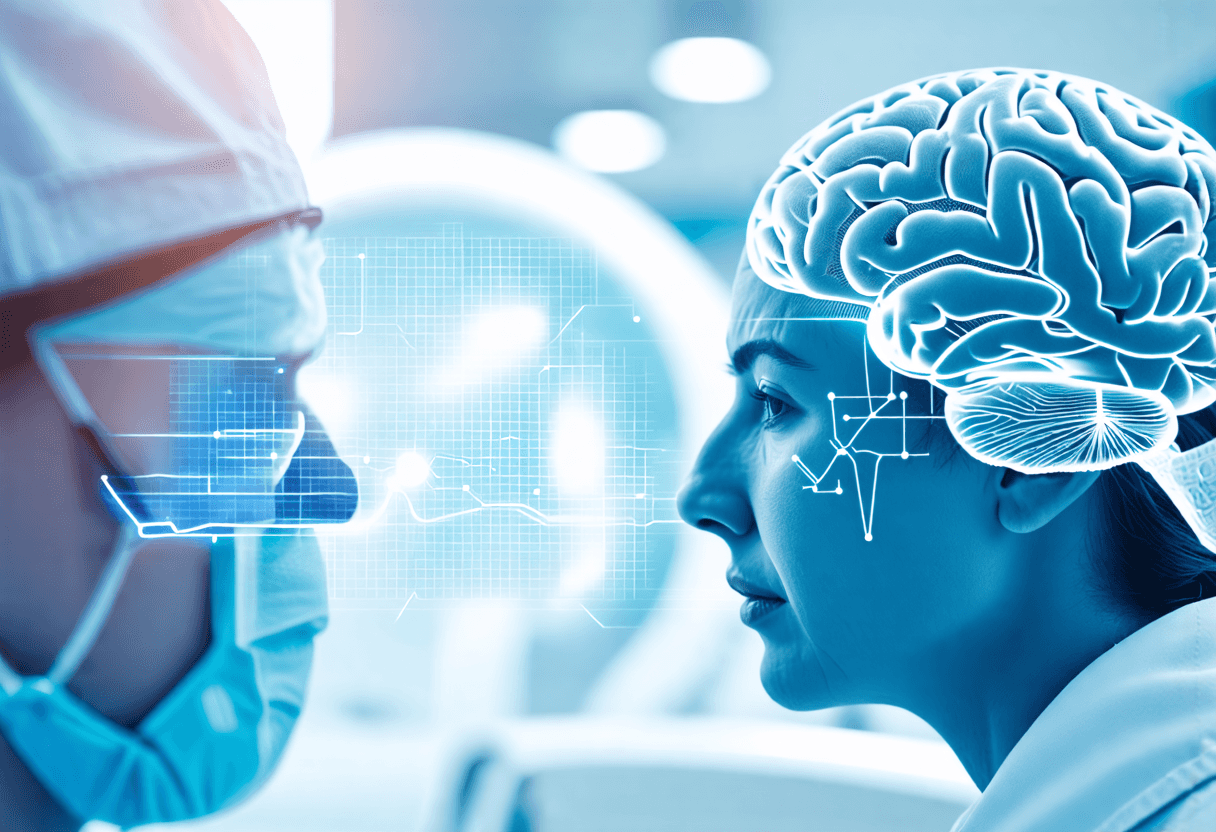
Recovery Roadmap: Navigating Craniotomy for Brain Stroke Patients
16 Nov, 2024
 Healthtrip
HealthtripWhen a brain stroke strikes, every minute counts. The sudden and unexpected onset of symptoms can be overwhelming, leaving patients and their loved ones reeling. In severe cases, a craniotomy – a surgical procedure to remove a portion of the skull to access the brain – may be necessary to alleviate pressure and prevent further damage. While the road to recovery can be long and arduous, understanding what to expect can help alleviate anxiety and empower patients to take an active role in their healing journey. As a leading medical tourism platform, Healthtrip is dedicated to providing comprehensive support and guidance to patients seeking high-quality, affordable care abroad, including those undergoing craniotomy for brain stroke.
Understanding Craniotomy for Brain Stroke
A craniotomy is a complex surgical procedure that requires careful planning and execution. During the procedure, a neurosurgeon will remove a portion of the skull to access the affected area of the brain, allowing them to relieve pressure, remove blood clots, or repair damaged blood vessels. The goal of the surgery is to prevent further brain damage, alleviate symptoms, and improve the patient's overall quality of life. While the prospect of brain surgery can be daunting, advances in medical technology and techniques have significantly improved outcomes, making it a vital treatment option for many stroke patients.
Most popular procedures in India
Types of Craniotomy for Brain Stroke
There are several types of craniotomy procedures, each tailored to the specific needs of the patient. A decompressive craniotomy, for example, involves removing a portion of the skull to alleviate pressure on the brain, while a clot evacuation craniotomy focuses on removing blood clots that may be contributing to the stroke. In some cases, a combination of both procedures may be necessary. Understanding the type of craniotomy required can help patients better prepare for the surgery and recovery process.
Wellness Treatments
Give yourself the time to relax
Lowest Prices Guaranteed!

Lowest Prices Guaranteed!
The Recovery Process: What to Expect
The recovery process following a craniotomy for brain stroke can be lengthy and challenging. Patients can expect to spend several days in the intensive care unit (ICU) under close observation, where medical professionals will closely monitor their vital signs and manage pain. Once stable, patients will be transferred to a regular hospital room for further rehabilitation. This is a critical phase of recovery, as patients will begin to regain strength, mobility, and cognitive function. A multidisciplinary team of healthcare professionals, including physical therapists, occupational therapists, and speech therapists, will work closely with patients to develop a personalized rehabilitation plan.
Managing Pain and Discomfort
Pain management is a crucial aspect of the recovery process. Patients can expect to experience some discomfort, including headaches, fatigue, and sensitivity to light and sound. A healthcare team will work closely with patients to develop an effective pain management plan, which may include medication, relaxation techniques, and alternative therapies such as acupuncture or massage. It's essential for patients to communicate openly with their healthcare team about their pain levels, as this will enable them to receive the best possible care.
Emotional and Psychological Support
A brain stroke can have a profound emotional and psychological impact on patients and their loved ones. Fear, anxiety, and depression are common companions on the road to recovery, but it's essential to acknowledge that these feelings are a normal part of the healing process. Patients should not be afraid to express their emotions and concerns to their healthcare team, who can provide valuable guidance, support, and referrals to counseling services. Family members and caregivers also play a vital role in providing emotional support, helping patients to stay motivated and focused on their recovery.
Rehabilitation and Beyond
Rehabilitation is a critical phase of the recovery process, as it enables patients to regain strength, mobility, and cognitive function. A comprehensive rehabilitation plan will address physical, emotional, and psychological needs, helping patients to adapt to any changes resulting from the stroke. As patients progress, they will begin to re-engage in daily activities, such as walking, reading, and socializing. The goal of rehabilitation is to empower patients to regain independence and resume their normal lives, albeit with some adjustments. With the support of a dedicated healthcare team and loved ones, patients can overcome the challenges of brain stroke and emerge stronger, more resilient, and more determined than ever.
Seeking High-Quality, Affordable Care Abroad
For patients seeking high-quality, affordable care abroad, Healthtrip offers a comprehensive platform to facilitate their journey. By partnering with top-ranked hospitals and medical professionals worldwide, Healthtrip provides patients with access to cutting-edge treatments, including craniotomy for brain stroke. From initial consultation to post-operative care, Healthtrip's dedicated team will guide patients every step of the way, ensuring a seamless and stress-free experience. By choosing Healthtrip, patients can rest assured that they will receive the best possible care, while also enjoying significant cost savings and a unique opportunity to explore new cultures and destinations.
Conclusion
Recovery from a brain stroke is a complex and challenging journey, but with the right guidance, support, and care, patients can overcome even the most daunting obstacles. By understanding the intricacies of craniotomy, the recovery process, and the importance of emotional and psychological support, patients can empower themselves to take an active role in their healing journey. As a trusted medical tourism platform, Healthtrip is dedicated to providing patients with the resources, guidance, and support they need to navigate this journey with confidence and hope. Together, we can overcome the challenges of brain stroke and emerge stronger, more resilient, and more determined than ever.
Related Blogs
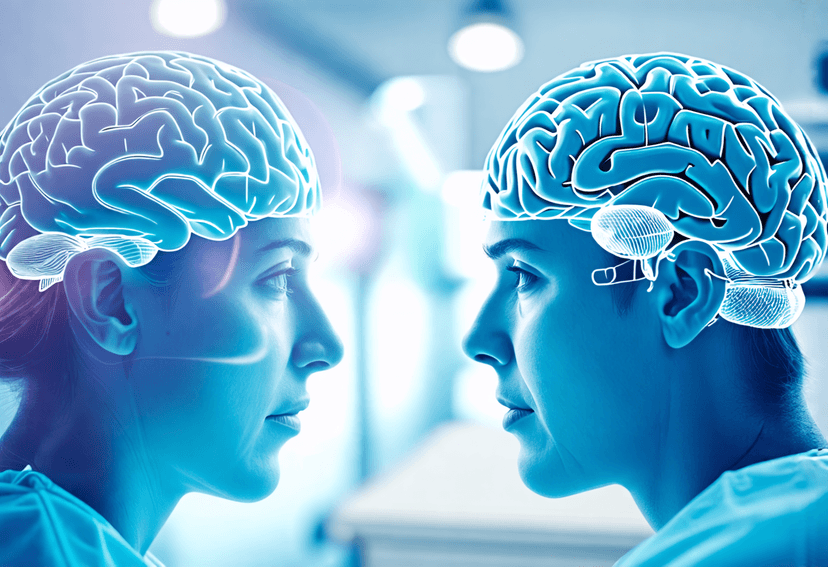
Craniotomy and Stroke: The Importance of Early Intervention
Act fast, recover faster - the importance of early intervention
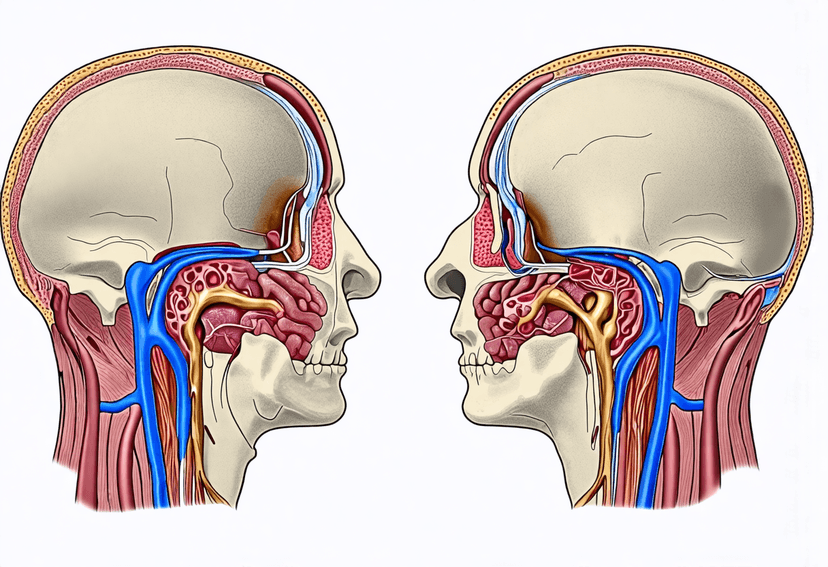
A Closer Look at Craniotomy for Hematoma Evacuation
Get an in-depth understanding of craniotomy surgery for hematoma evacuation
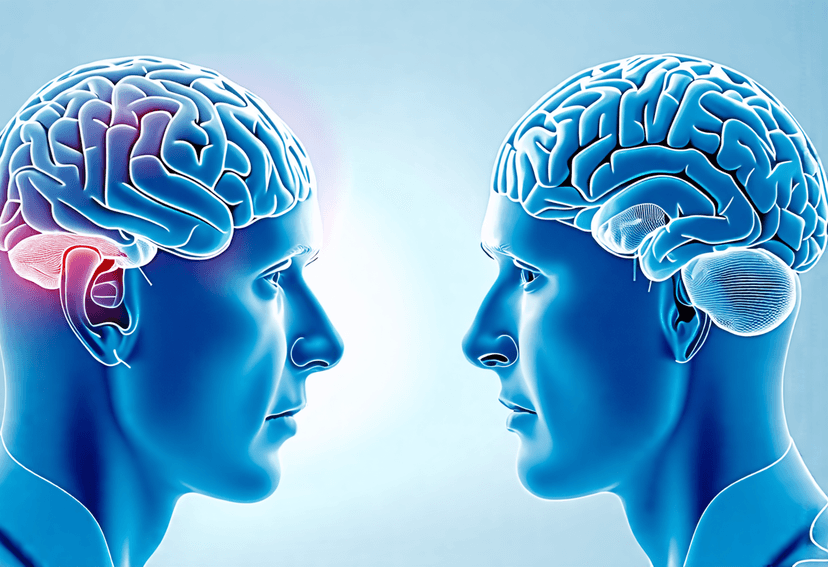
The Role of Craniotomy in Stroke Prevention
Learn how craniotomy surgery can help prevent future strokes
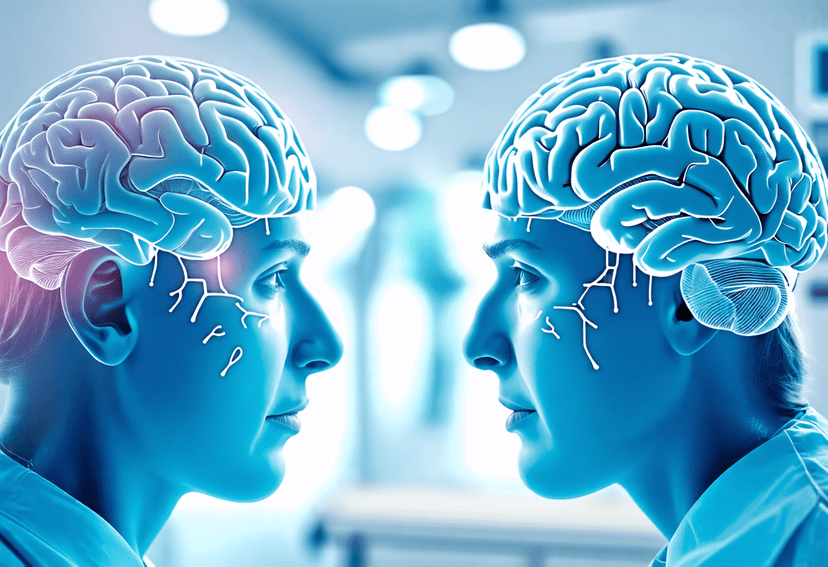
Craniotomy for Brain Stroke: Debunking Common Myths
Separate fact from fiction with our expert guide to craniotomy

Navigating the Road to Recovery After Craniotomy
Expert advice on recovering from craniotomy surgery
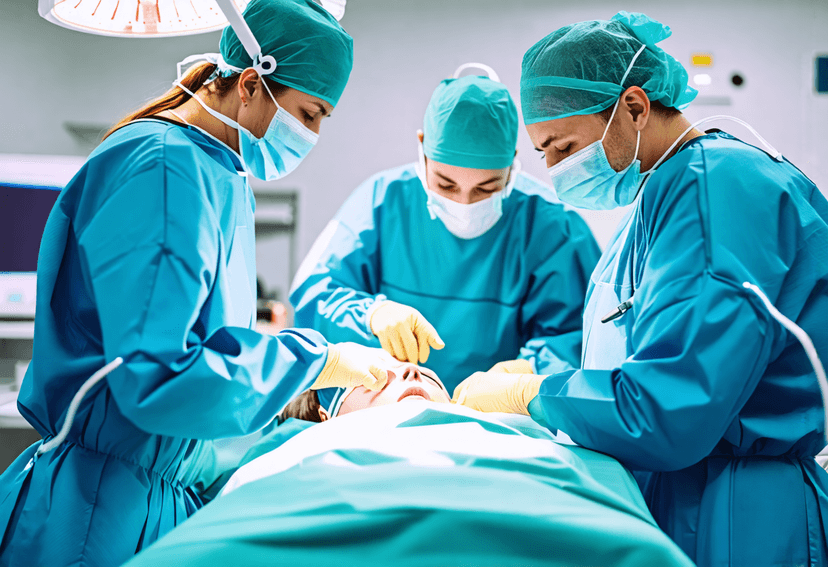
Craniotomy Surgery for Hematoma Evacuation: A Step-by-Step Guide
Understand the process of craniotomy surgery for hematoma evacuation










